AC Drives
Many companies use valuable machinery or appliances with AC motors. For these devices to work at optimal efficiency, they must achieve specific power levels to operate at the appropriate speeds. With AC drives, you can optimize your company’s AC motor for energy-efficient operation. These economical devices are useful across various industries and provide many benefits for electric motor applications.
-
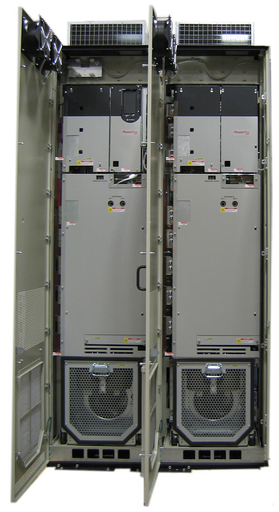 Allen Bradley
Allen BradleyAllen Bradley Architecture Class Drives, PowerFlex 755, Model 20G11LF795AN0NNNNN | Repair Service, Sales
- Model #:
- 20G11LF795AN0NNNNN
- Part #:
- 20G11LF795AN0NNNNN
- New/Surplus $ 187687
- Refurb. Price $150149 Save up to $ 37538
- Repair Price $93842 Save up to $ 93845
-
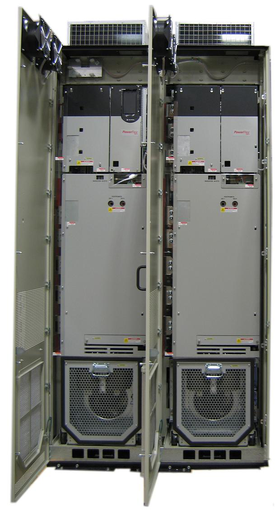 Allen Bradley
Allen BradleyAllen Bradley Architecture Class Drives, PowerFlex 755, Model 20G11LF795JN0NNNNN | Repair Service, Sales
- Model #:
- 20G11LF795JN0NNNNN
- Part #:
- 20G11LF795JN0NNNNN
- New/Surplus $ 187687
- Refurb. Price $150149 Save up to $ 37538
- Repair Price $93842 Save up to $ 93845
-
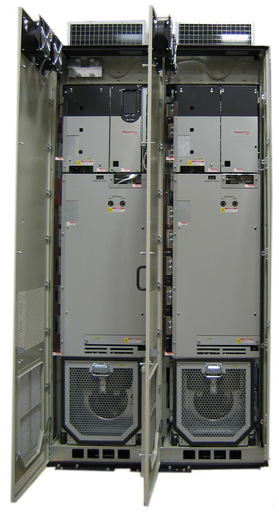 Allen Bradley
Allen BradleyAllen Bradley Architecture Class Drives, PowerFlex 755, Model 20G11BC1K4JN2NNNNN | Repair Service, Sales
- Model #:
- 20G11BC1K4JN2NNNNN
- Part #:
- 20G11BC1K4JN2NNNNN
- New/Surplus $ 187540
- Refurb. Price $150032 Save up to $ 37508
- Repair Price $93769 Save up to $ 93771
-
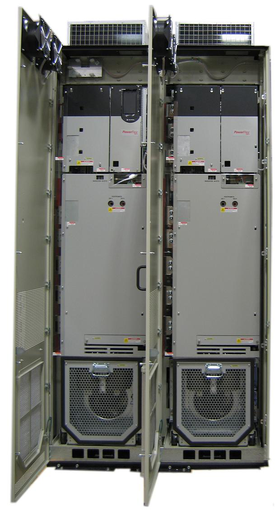 Allen Bradley
Allen BradleyAllen Bradley Architecture Class Drives, PowerFlex 755, Model 20G11LD1K3AN0NNNNN | Repair Service, Sales
- Model #:
- 20G11LD1K3AN0NNNNN
- Part #:
- 20G11LD1K3AN0NNNNN
- New/Surplus $ 188107
- Refurb. Price $150485 Save up to $ 37622
- Repair Price $94052 Save up to $ 94055
-
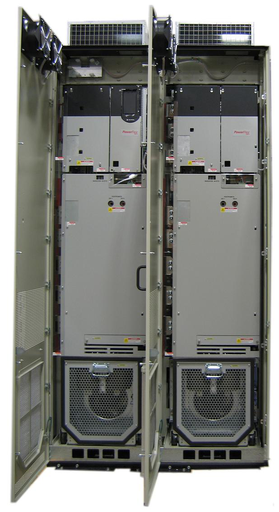 Allen Bradley
Allen BradleyAllen Bradley Architecture Class Drives, PowerFlex 755, Model 20G11LD1K3JN0NNNNN | Repair Service, Sales
- Model #:
- 20G11LD1K3JN0NNNNN
- Part #:
- 20G11LD1K3JN0NNNNN
- New/Surplus $ 188107
- Refurb. Price $150485 Save up to $ 37622
- Repair Price $94052 Save up to $ 94055
-
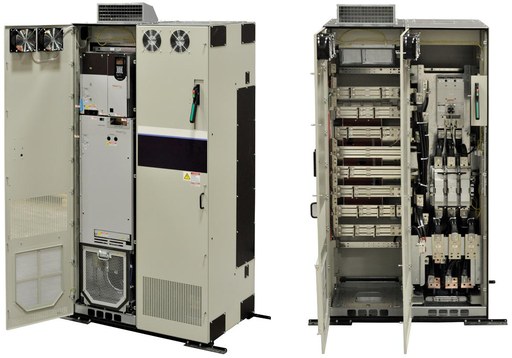 Allen Bradley
Allen BradleyAllen Bradley Architecture Class Drives, PowerFlex 755, Model 21G1AWD740AN2NNNNN-HD-L2-P3-P14-P24-X1 | Repair Service, Sales
- Model #:
- 21G1AWD740AN2NNNNN-HD-L2-P3-P14-P24-X1
- Part #:
- 21G1AWD740AN2NNNNN-HD-L2-P3-P14-P24-X1
- New/Surplus $ 187793
- Refurb. Price $150234 Save up to $ 37559
- Repair Price $93895 Save up to $ 93898
What Are AC Drives?
AC drives are devices used to control an AC motor’s speed and power use according to load demand. The primary function of AC drives is to increase energy efficiency by reducing a machine’s power consumption. They accomplish this task by adjusting and limiting the applied current and voltage during acceleration, deceleration and standard operation.
AC drives also come with other innovative functions, such as process control enhancement, operation optimization and mechanical stress reduction. They can also convert energy from sustainable resources such as wind, the sun or tides and use this energy for local consumption. Hybrid AC technologies can even create complete energy management solutions through a combination of conventional energy sources and storage.
Applications of AC Drive Replacements
Every industry that uses machinery with an AC motor is a candidate for an AC drive. AC drives provide energy savings in applications across many industrial and commercial settings, including:
- – Variable torque applications.
- – Heating, ventilation and air conditioning (HVAC) systems.
- – Boiler feed pumps.
- – Water pumps.
- – Power plants.
- – Hotels.
- – Power generators.
What’s the Difference Between Motors and Drives?
AC motors and drives go hand-in-hand when it comes to energy management, but they are not the same. Motors are electrical or mechanical devices that generate the appropriate force needed to power a machine, whether linear or rotational.
On the other hand, drives are exclusively electronic systems that channel and control the energy that travels to the motor. These devices indirectly adjust the motor’s speed and torque by transporting electricity to the motor in varying amounts and frequencies, depending on the load demand.
Essentially, motors create power while drives govern and direct it.
What Are the Differences Between AC and DC Drives?
Though AC and DC drives are similar in nature, they differ in their strengths and ideal uses. DC drives are known for their simple circuits and high start-up torque delivery, though they encounter more mechanical issues and maintenance needs due to wear and tear. These drives are useful for constant speed applications.
On the other hand, AC drives are more energy-efficient and feature running induction motors optimized to handle rapid changes in speed. These devices have many programmable fail-safe protections, are easy to monitor and experience fewer mechanical problems and upkeep than DC drives.
Buy AC Drives Today
If your company needs to buy AC drives that set the standard for energy efficiency, choose Global Electronic Services. We offer many electronic parts at the most competitive prices, and our factory-trained and -certified technicians provide expert repair services.
Browse our selection of AC drives or request a quote for one of our services today.